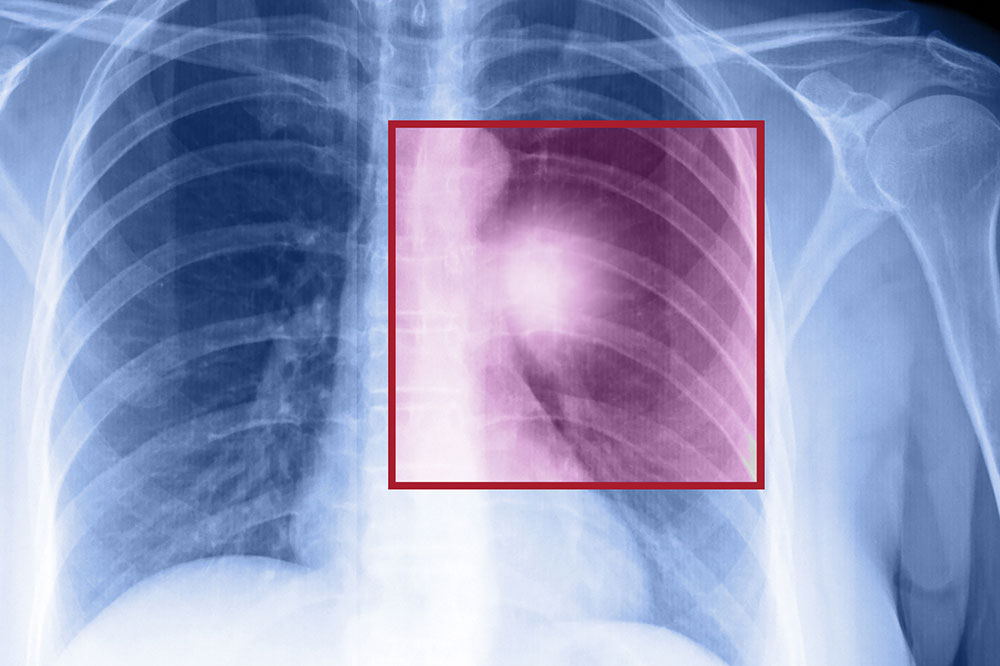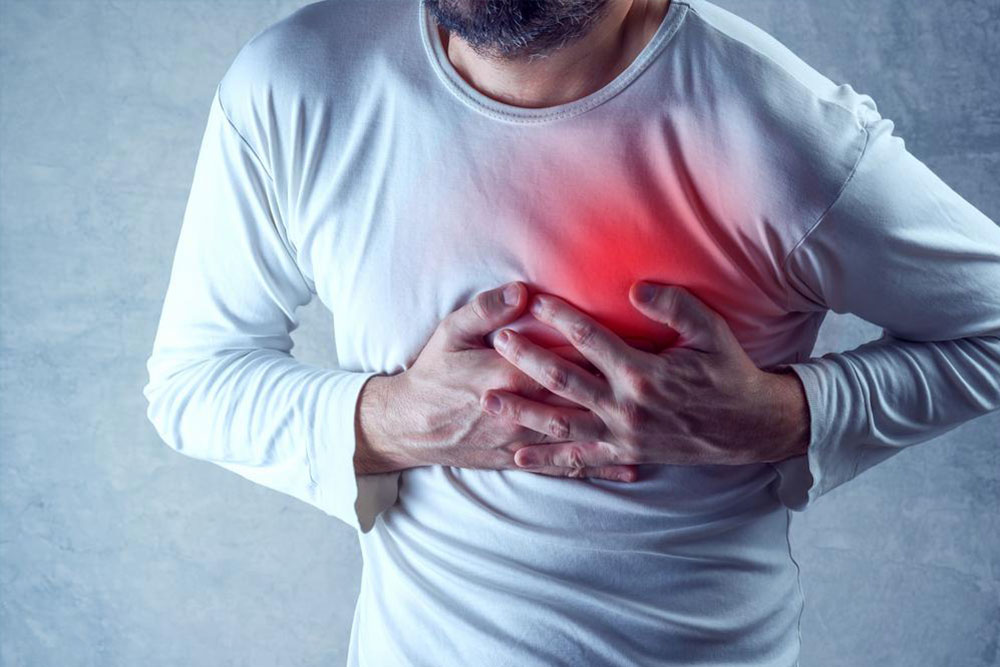Comprehensive Overview of Kidney Cancer: Causes, Symptoms, and Early Detection Strategies
This comprehensive article explores the causes, symptoms, and importance of early detection of kidney cancer. It highlights risk factors such as smoking, obesity, age, and genetics, and emphasizes recognizing signs like blood in urine, persistent pain, and fatigue for timely diagnosis. The piece offers insights into preventive measures and encourages regular health screenings to improve outcomes. Early detection plays a crucial role in effective treatment, making awareness and prompt medical consultation essential for managing kidney cancer effectively. Stay informed to protect your kidney health.

Comprehensive Overview of Kidney Cancer: Causes, Symptoms, and Early Detection Strategies
An in-depth look into the causes, symptoms, and importance of early detection of kidney cancer
Kidney cancer, medically termed renal cell carcinoma, is a disease characterized by the uncontrolled growth of cells within the kidneys. As one of the more silent but potentially serious cancers, early detection can make a significant difference in treatment success and prognosis. The challenge lies in the fact that initial symptoms are often subtle or absent, which underscores the importance of understanding the key signs and risk factors associated with kidney cancer. In this article, we will explore the underlying causes, common symptoms, and the crucial role of early diagnosis in managing kidney cancer effectively.
Understanding the Causes and Risk Factors of Kidney Cancer

Although the precise origins of kidney cancer are not fully understood, researchers have identified several significant risk factors that increase the likelihood of developing this disease. Recognizing these factors can help individuals assess their risk and promote early screening practices. The main contributors include:
Tobacco Use:
Smoking remains a major risk factor for kidney cancer. Both cigarette and cigar users are at a higher risk, with studies indicating that regular smokers are approximately twice as likely to develop renal carcinoma compared to non-smokers.
Age:
The incidence of kidney cancer correlates strongly with age, with the risk increasing as individuals grow older. Men tend to be twice as susceptible as women, highlighting a gender predisposition.
Obesity:
Excess weight is a crucial risk factor, as obesity significantly elevates the likelihood of kidney cancer compared to individuals who maintain a healthy weight through diet and exercise.
Genetic Factors:
A family history of kidney cancer or related hereditary syndromes can predispose individuals to the disease, emphasizing the role of genetics in its development.
Key Early Symptoms of Kidney Cancer
Recognizing early symptoms is essential for timely diagnosis. Although early stages may be asymptomatic, certain signs can serve as warning indicators. These include:
Hematuria (Blood in Urine):
Hematuria is one of the most common early signs, present in roughly 40-50% of kidney cancer cases. The blood may alter urine color, turning it pink, brown, or red due to blood presence. Sometimes, the blood quantity is slight and can only be detected through laboratory tests.
Persistent Lower Back or Flank Pain:
Advanced stages often present with ongoing pain in the lower back or flanking area. Patients describe this discomfort as sharp, stabbing pain below the ribs and above the pelvis that persists over days and is unresponsive to usual remedies.
Anemia and Fatigue:
The kidneys play a vital role in red blood cell production. When compromised by cancer, red blood cell counts drop, leading to anemia. Patients may experience constant fatigue, weakness, and difficulty performing daily tasks.
A Lump or Mass in the Kidney Area:
In some cases, a palpable lump can be detected during self-examination or medical imaging, especially as the tumor enlarges.
Weight Loss and Fever:
Unintentional weight loss, fever, and night sweats may occur as the disease advances, indicating metastasis or systemic effects of the tumor.
The Significance of Early Detection and Diagnosis
Since kidney cancer often progresses insidiously, awareness and timely diagnosis are paramount. Early detection improves the chances of successful treatment, often reducing the need for invasive procedures and improving survival rates. If you experience any of the above symptoms, especially persistent hematuria, unexplained back pain, or fatigue, consulting a healthcare professional promptly is critical. Various diagnostic tools, including ultrasound, CT scans, and MRI, are employed to confirm the presence and extent of the disease.
Prevention and Lifestyle Tips
Adopting a healthy lifestyle can significantly reduce the risk of developing kidney cancer. Quitting smoking, maintaining a healthy weight through balanced diet and regular exercise, and avoiding exposure to known carcinogens are practical steps. Regular medical checkups, especially for those with a family history or other risk factors, can facilitate early screening and intervention.
In conclusion, understanding the causes and recognizing the symptoms of kidney cancer play vital roles in early diagnosis and better treatment outcomes. Being vigilant about changes in urinary habits, back pain, and general health can save lives. As research continues, improved screening methods and targeted therapies promise better prognosis for those affected by this disease.
Tags: kidney cancer, symptoms, early detection, hematuria, renal carcinoma, risk factors, diagnosis





